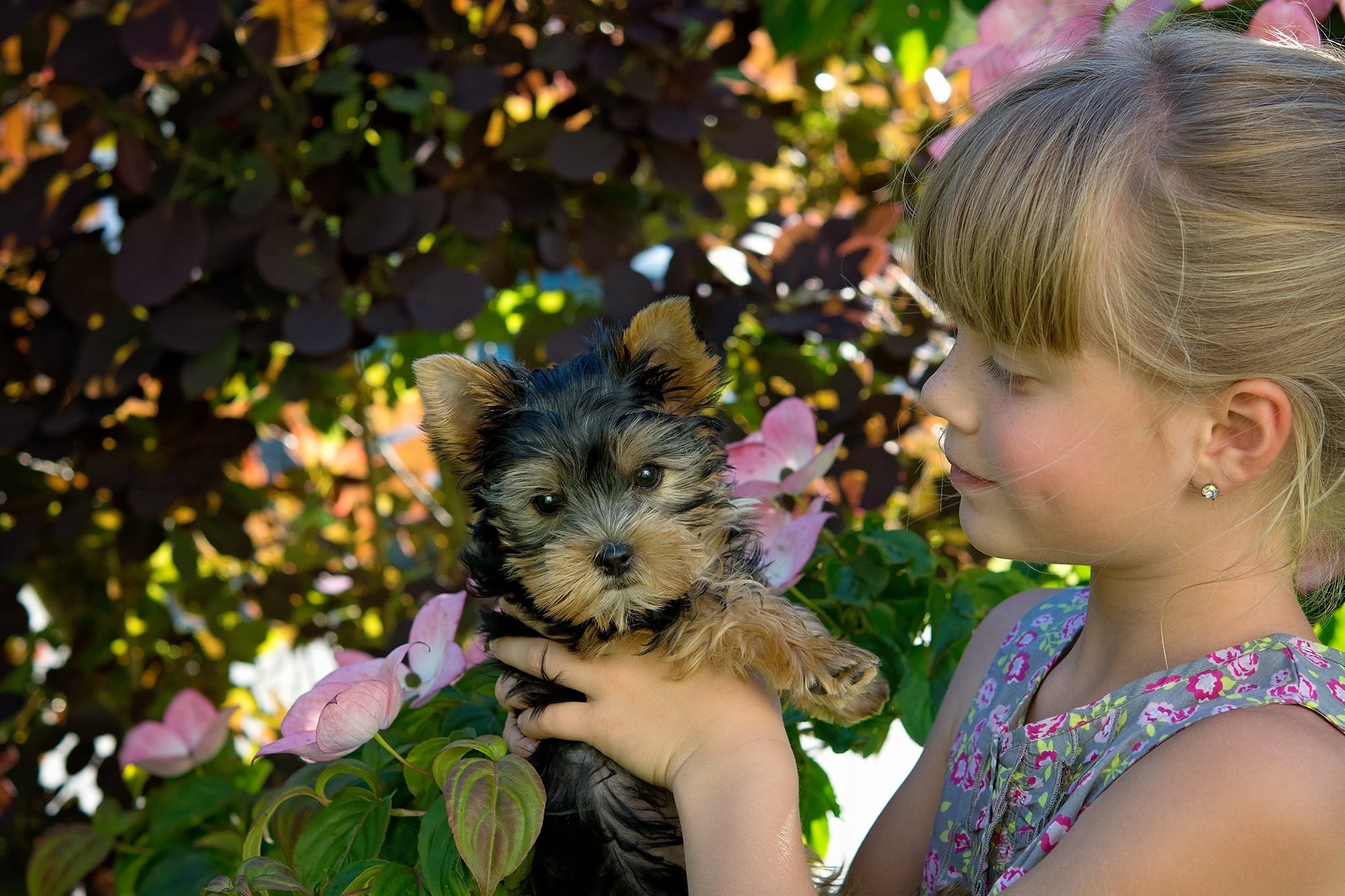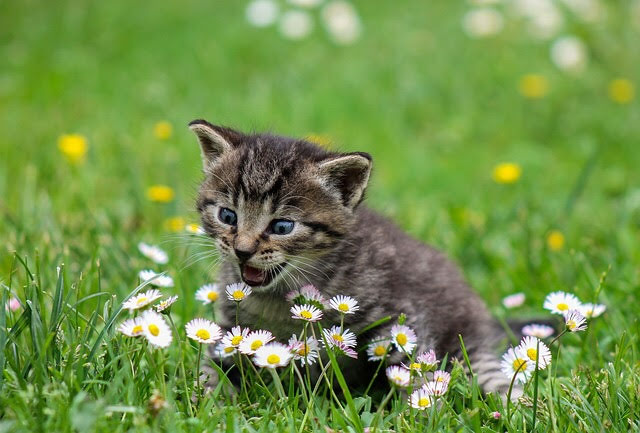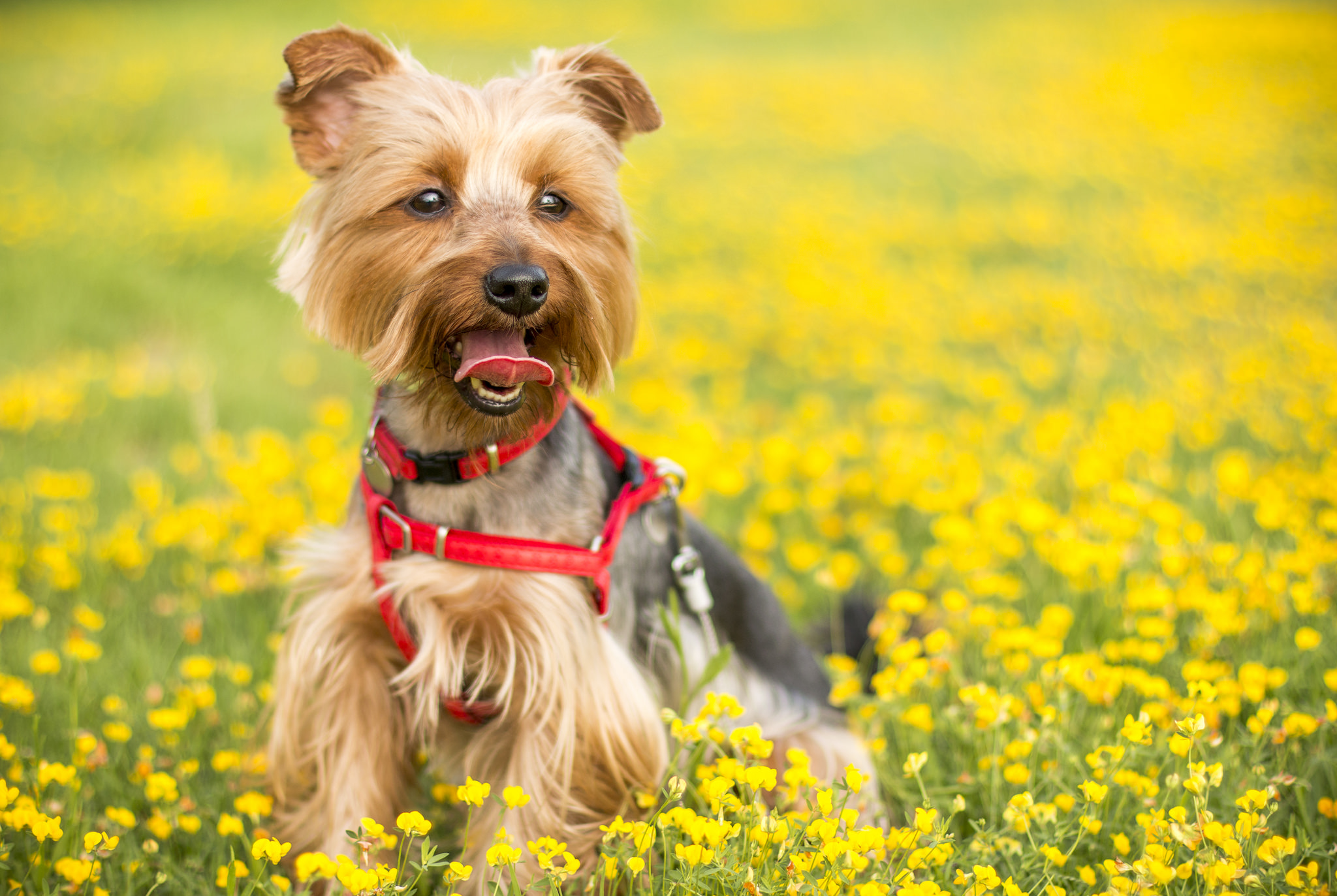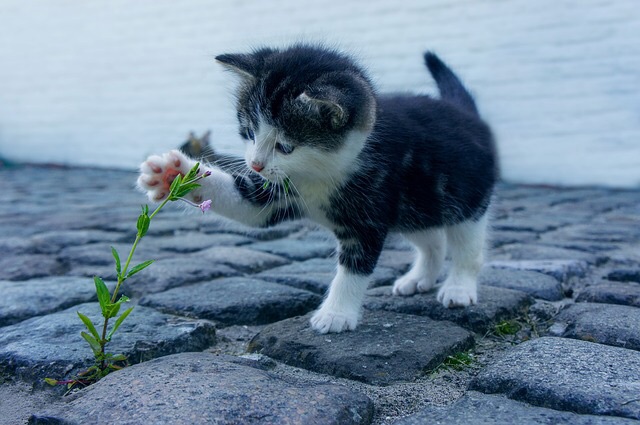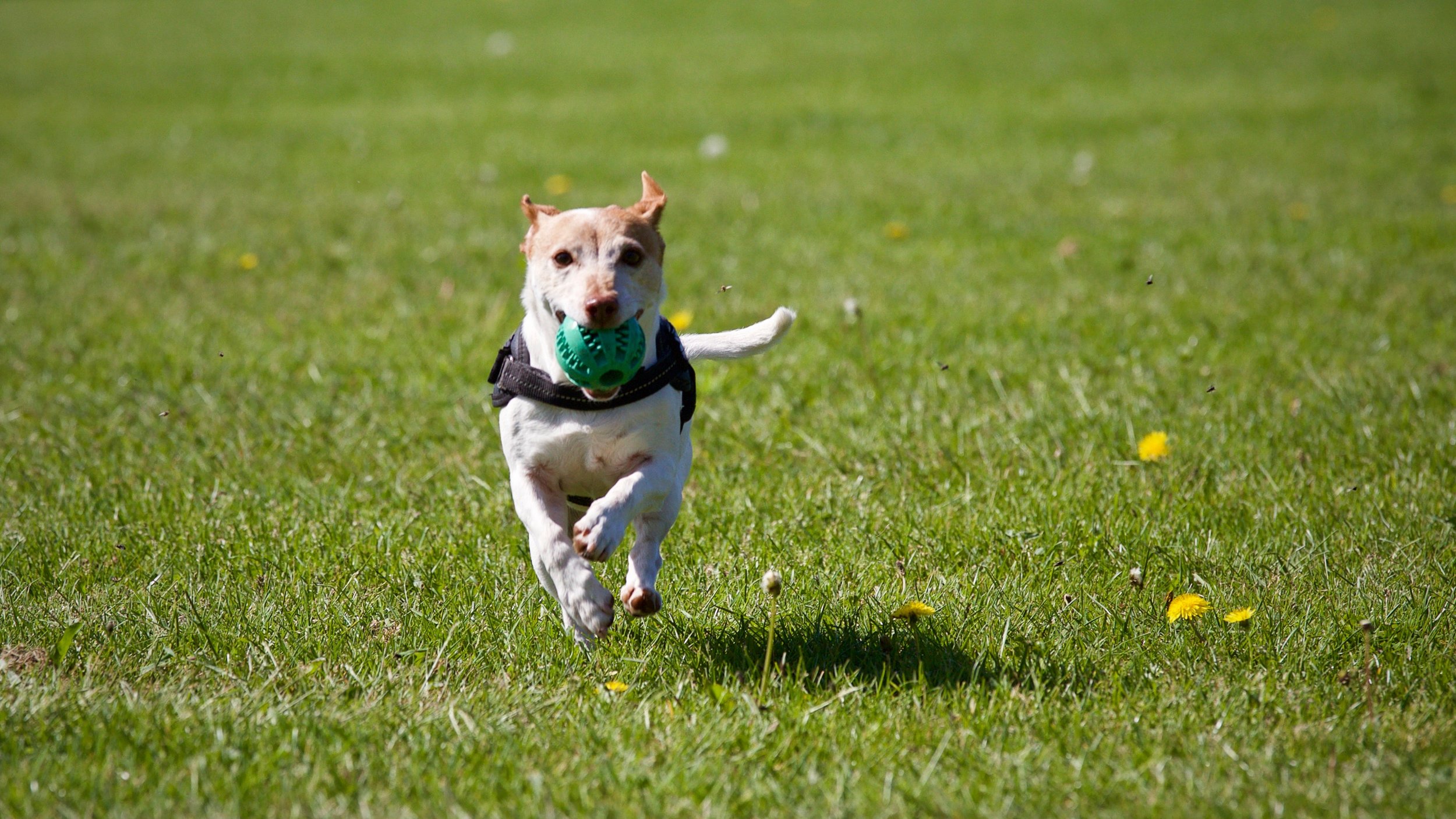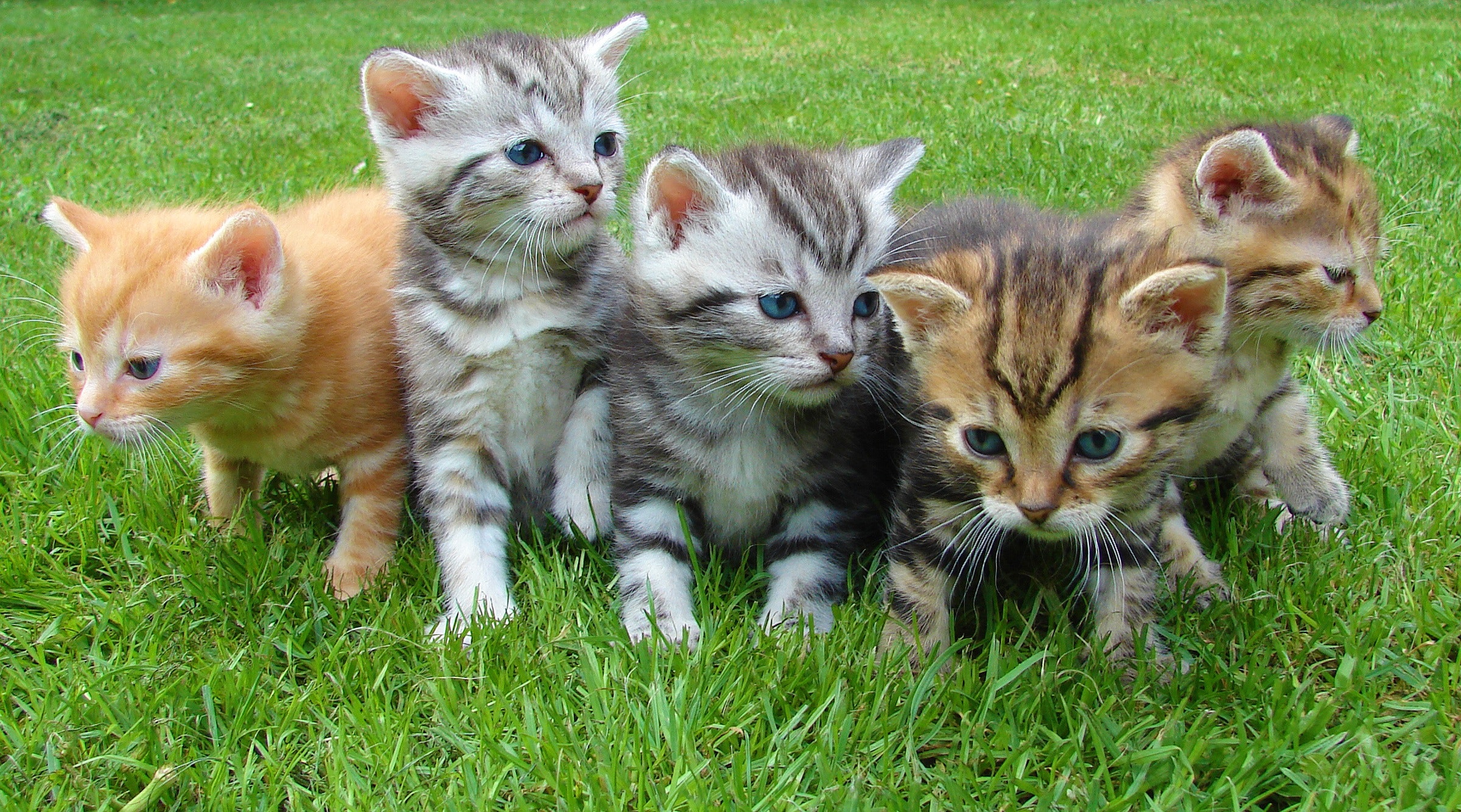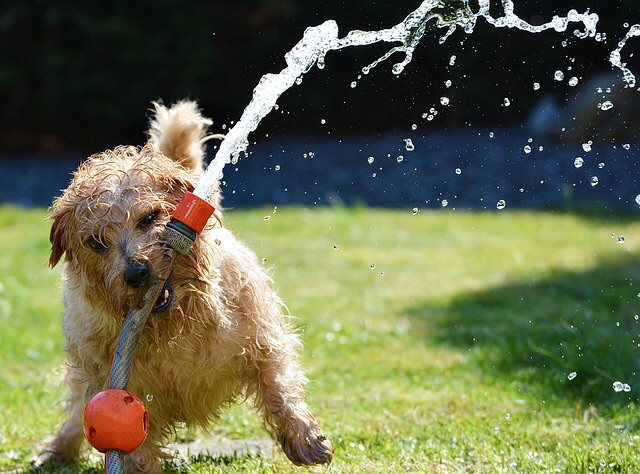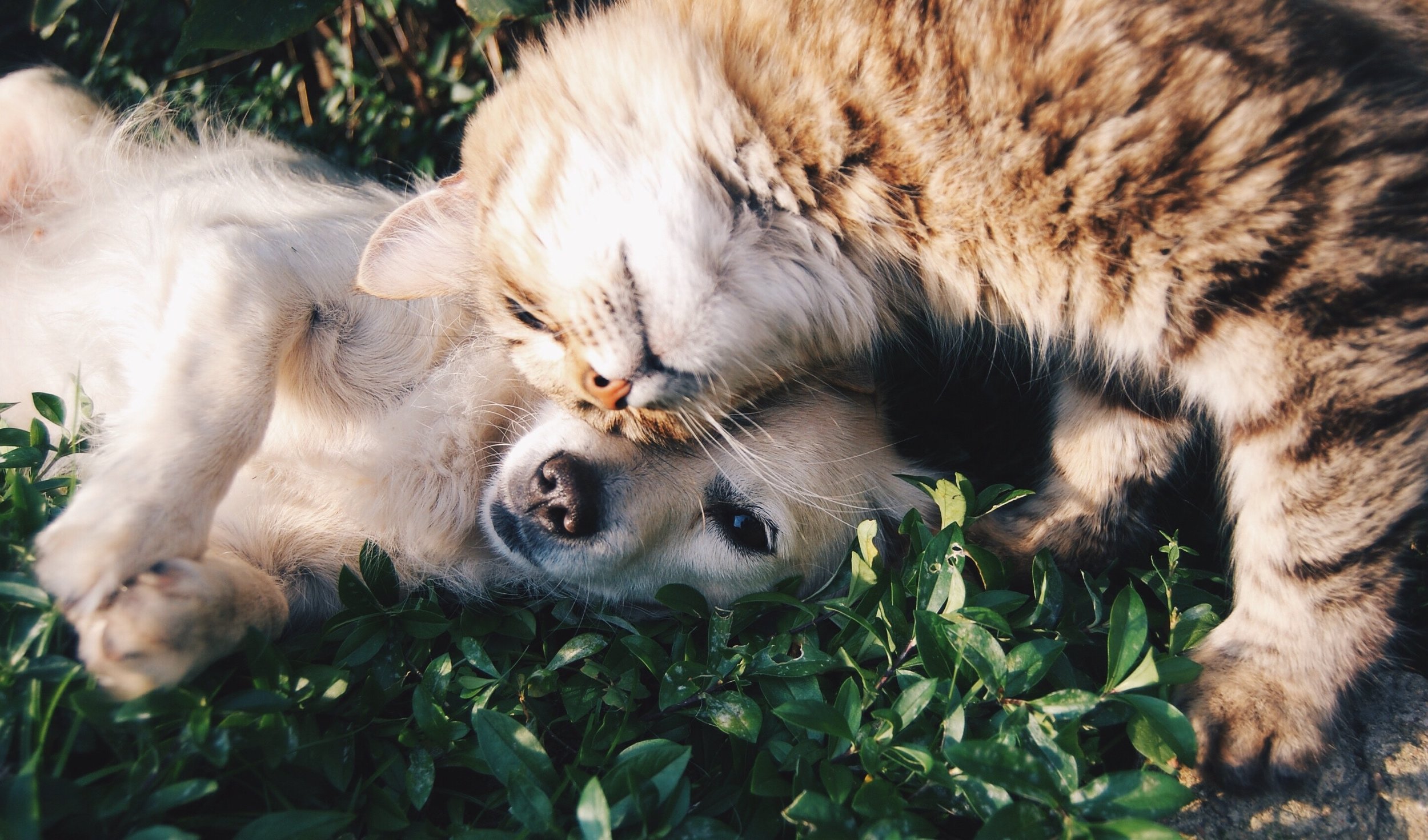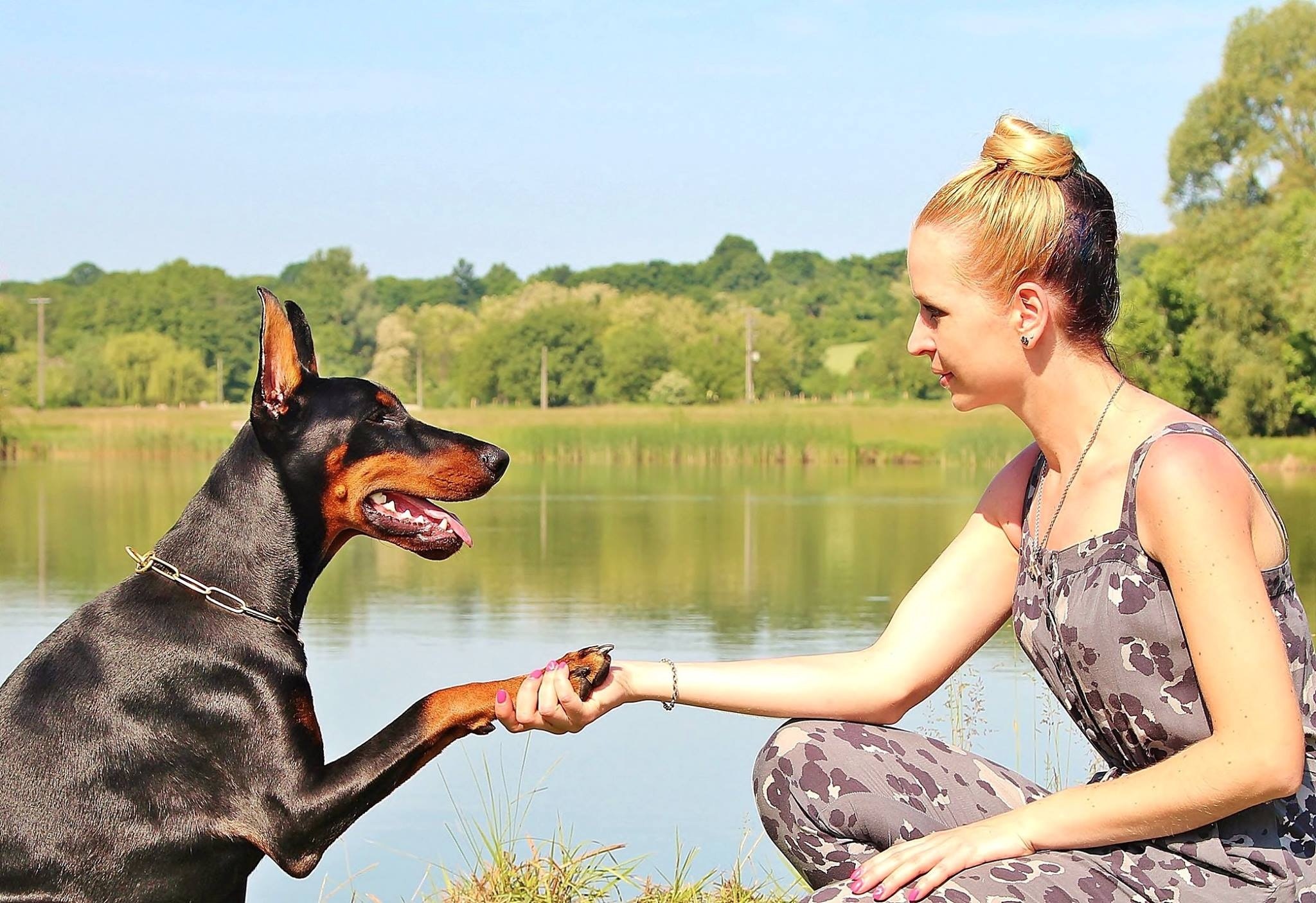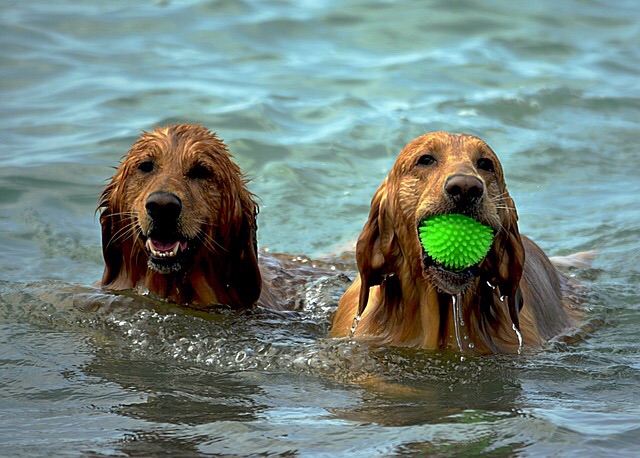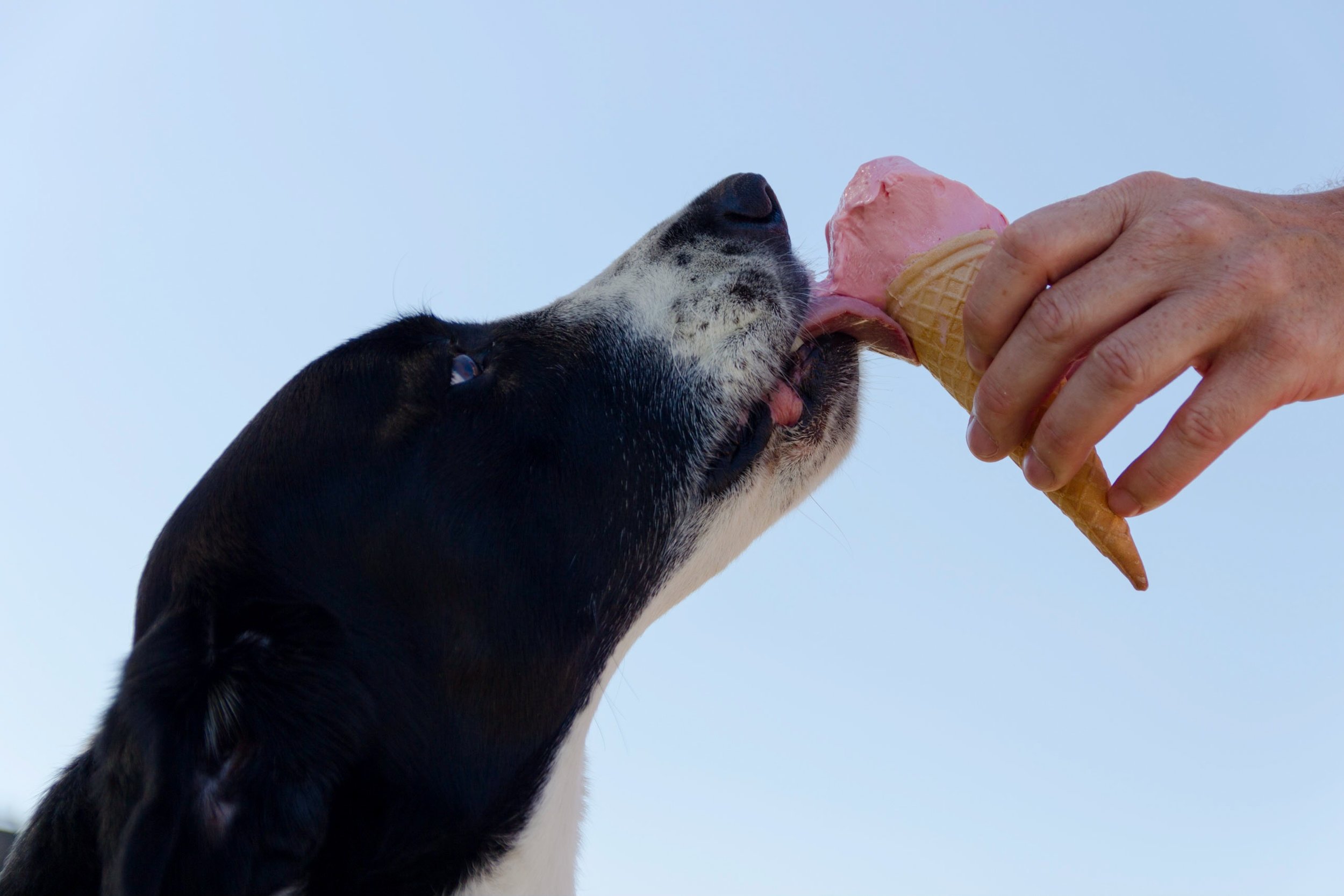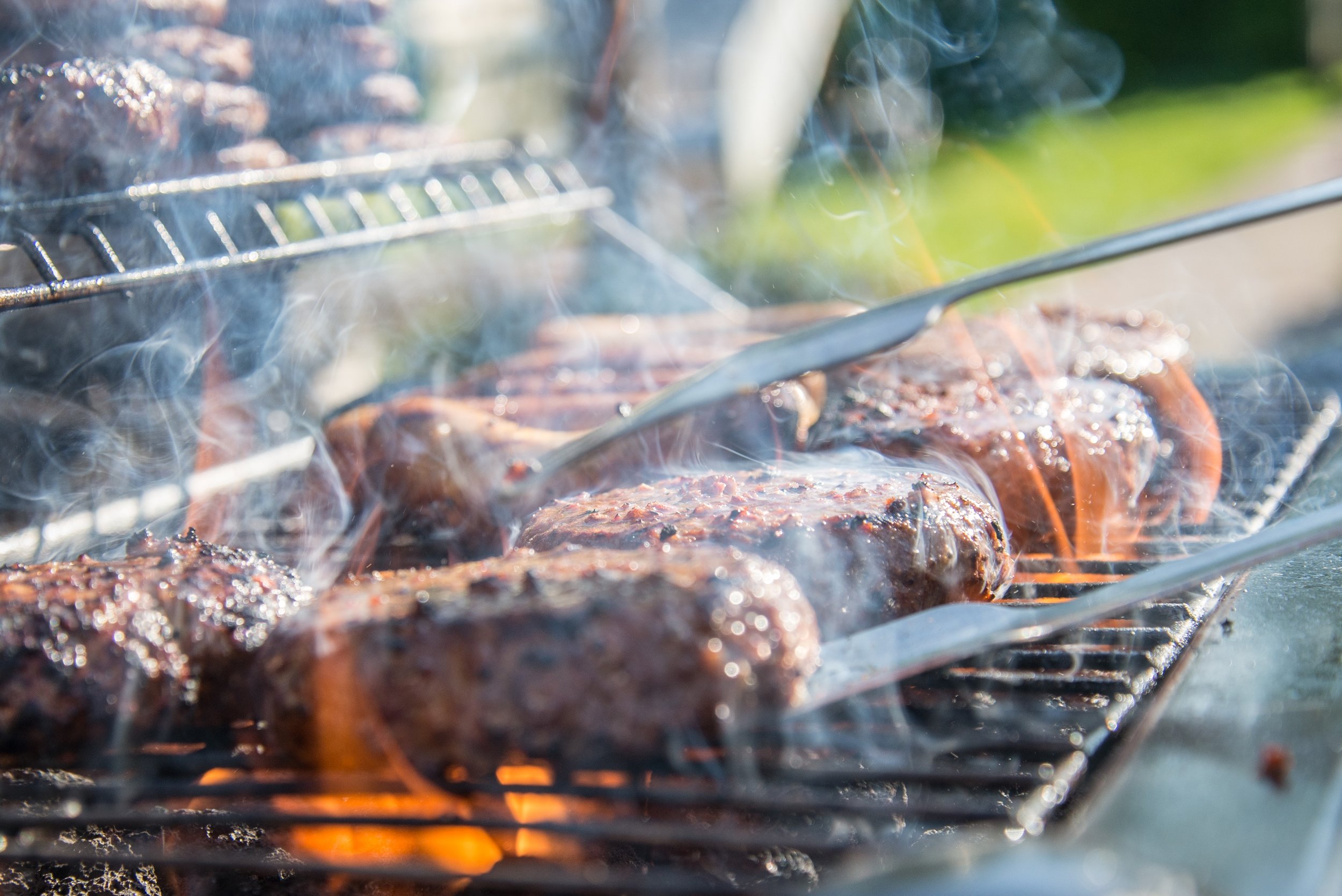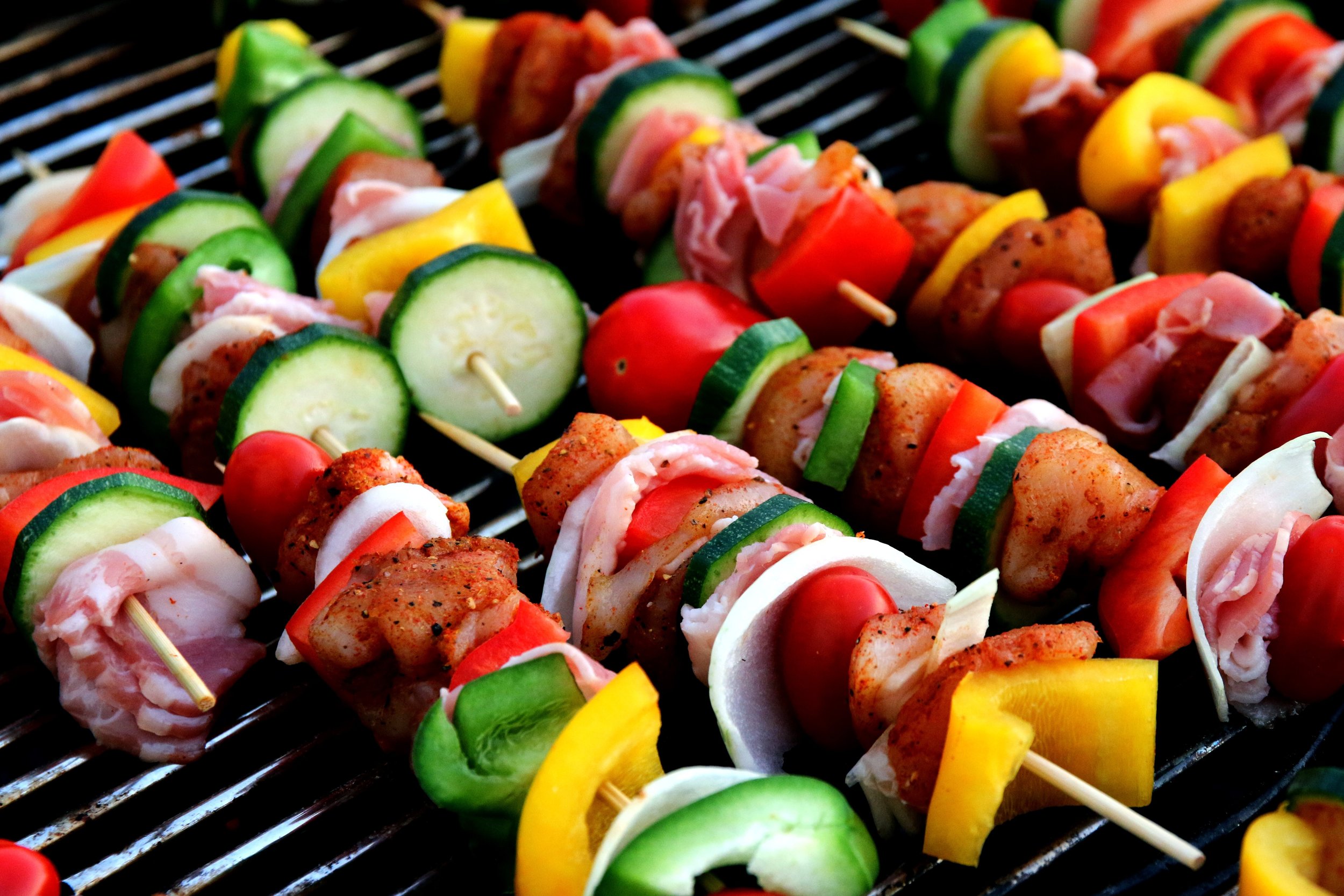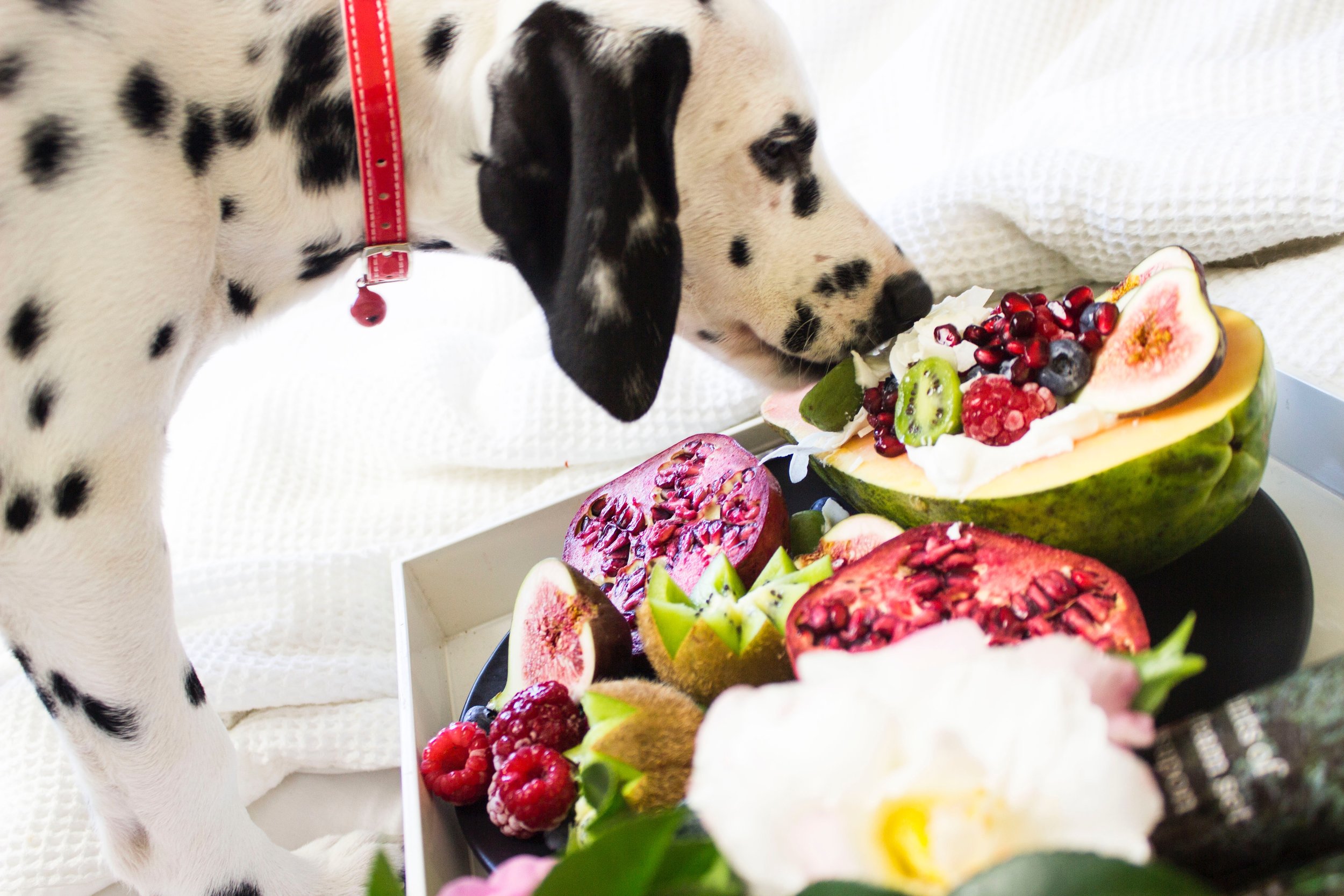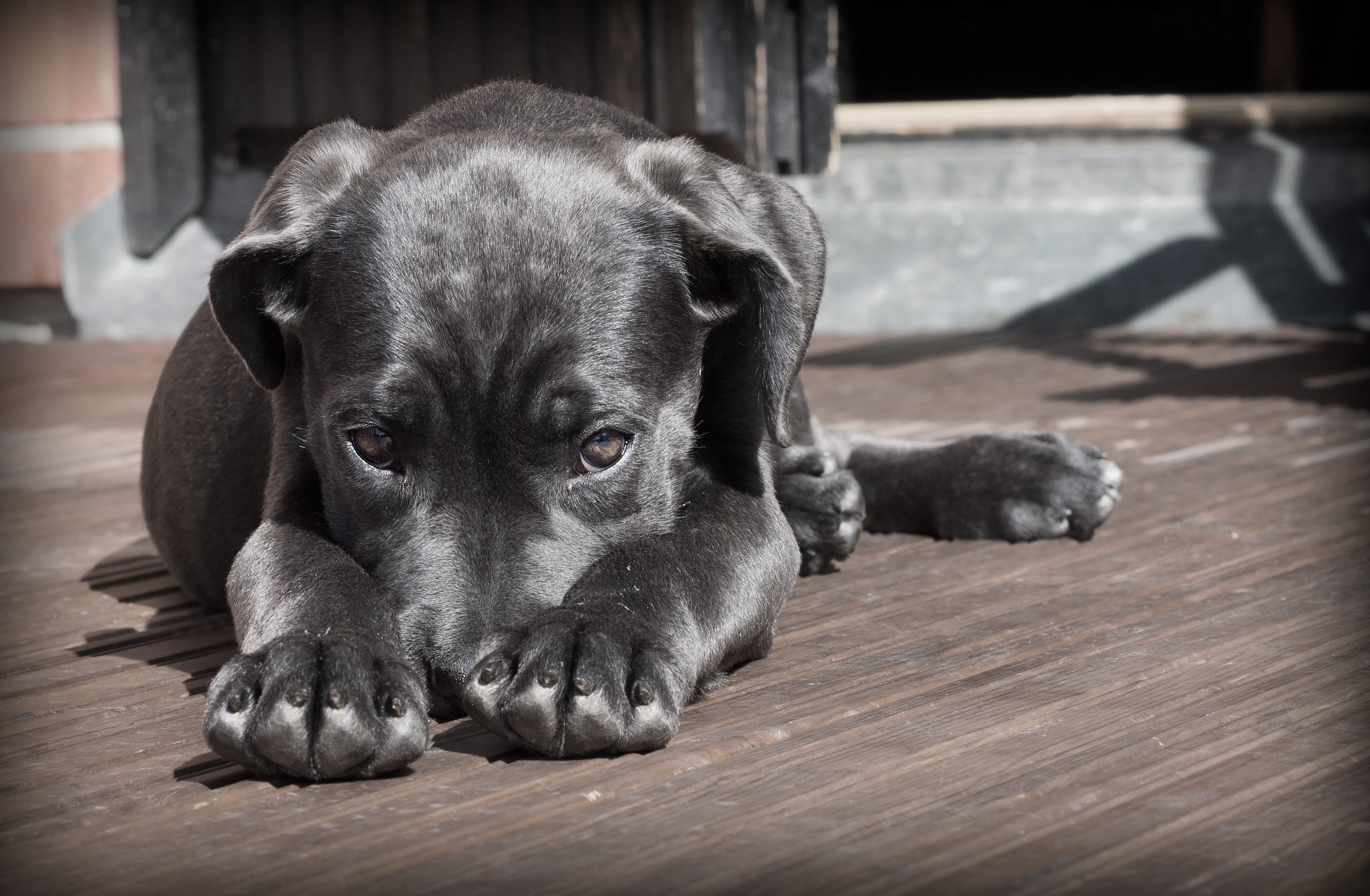Now that summer is heating up, it’s important to remember our furry companions to be sure they stay safe and cool.
Whenever possible, it’s nice to keep the windows open and enjoy the fresh air. Your pets, especially cats love to sit by open windows. For this reason, make sure your window screens are secure and do not leave windows without screens open. Pets can be seriously injured falling out of open windows.
ASPCA experts recommend you take your pet to the vet for a spring or early summer check up. If your pet isn’t on a year-round preventative heartworm medication, be sure to have them tested for heartworms and start a preventative medication.
Proper grooming for pets at the start of summer can help them stay cool and comfortable, but never shave your pet for summer. The layers of a dog’s coat protect them form overheating and sunburn. Brush your pet more frequently and be sure to use insect repellents and sunscreens especially made for use on pets. Always check your pet’s fur for fleas or ticks after they have been outside. Examine them for injuries, insect bites/stings, paw pad irritation, sunburn and signs of overheating or dehydration.
Proper hydration for your pet is essential especially during the summer. Make sure to provide your pet with fresh clean cool water several times a day, especially when they are outside. If you have an outdoor dog, make sure to keep their food and water in a shady place and provide adequate shade for your pet to relax during the day. Bring them inside during especially hot weather.
Be careful not to over exercise indoor or outdoor pets while you are enjoying this sunny weather. Keep your indoor pet inside during the hottest periods of the day.
Pets can become overheated quickly, so it’s important to know the symptoms of overheating. These symptoms include excessive panting or difficulty breathing, increased heart and respiratory rates, drooling, mild weakness, disorientation or collapse. Cats will have sweaty paw pads. If your pet is overheated he/she may also experience seizures, bloody diarrhea and vomit and elevated body temperature of over 104 degrees.
Animals with flat faces such as Pugs and Persian cats are more susceptible to heat stroke because they cannot pant as effectively. To be safe, keep animals with flat faces, overweight and/or elderly pets and any pets with heart or lung ailments cool in air-conditioned rooms.
I shouldn’t have to tell you not to leave your pet alone in a parked vehicle during the summer - It’s now illegal in several states. Car interiors get hot quickly creating an unsafe and potentially lethal environment for your pet!
Beware of hot asphalt – you might not be realize how hot the pavement is because your feet are protected by shoes, but your pet’s paw pads can suffer burns from exposure to asphalt and concrete surfaces. Avoid walking your pet during the hottest part of the day.
Pets and Swimming Pools
Usually not a big issue with cats, but if your cat ever decides to channel its inner Michael Phelps – follow the guidelines for dogs listed below and don’t forget to make a few videos for Facebook and YouTube.
Introduce them to the water slowly. Not all dogs are good swimmers, so don’t assume they will jump right in and swim like a fish.
Make sure dogs wear flotation devices on boats.
Be sure to rinse dogs after swimming to remove chlorine or salt water from their fur.
Because pool water contains chlorine and other chemicals, you should try to keep your dog from drinking it – be sure to have a fresh cool bowl of water accessible to them at all times during pool time.
Pets and barbecues
Who does’t love a cookout? If your pet is especially social, he or she can clean up when the food and liquor are flowing. However, alcoholic beverages can cause intoxication, depression and comas if ingested by animals. Many of the foods commonly enjoyed at cookouts can be poisonous to your pet. Be careful with foods containing onions, raisins, grapes, chocolate and the sweetener xylitol. Check the ASPCA website for a full listing of foods that can be harmful to pets.
Fireworks and pets are never a good idea.
Pets can be burned by fireworks or poisoned by hazardous materials in unused fireworks.
The loud noises and bright flashes caused by fireworks can frighten and even traumatize your pet. Your pet can become disoriented and may run away from the source of their fear and get lost.
By following these common sense rules, you and your pet can play it cool this summer.
Call your veterinarian or the ASPCA Animal Poison Control Center (1-888-426-4435) if you suspect your pet has ingested a poisonous substance.






